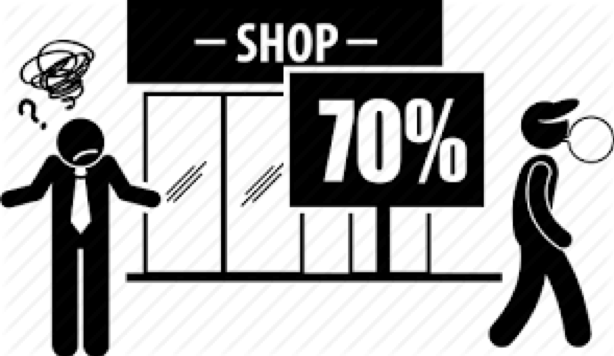

SPOTTING A BAD DEAL…AND AVOIDING IT

Even the most skilled investors have been victims to bad deals. More often than not, red flags are not always glaringly obvious. In order to avoid bad deals, you should always consider several factors before signing your name on the dotted line.
- Foundation Check
Whether it is your first property investment, or your last, researching the foundation is your first step. What I mean by foundation is this: what are you buying? Is it a home? A business? And for what purpose? What attracted you to that property in the first place?
Sometimes investors fall in love with a property without even taking the time to understand its bones. I have seen so many investors purchase beautiful homes, all to be disappointed when the house next door gets appraised for a fraction of the price they paid. Several factors to consider before purchasing property: unemployment rate within that area/neighborhood, crime rate, job growth and school districts.
- Use Your Logical Reasoning
Run the numbers. Then run the numbers again and compare those numbers to other properties in that area. Then run those numbers against other properties in that region. If it doesn’t add up, it’s a bad deal. Another thing you should do is look at the demographics in terms of vacancies. The more vacancies in an area, the more likely it is that people are choosing not to live in that area for a reason.
- Old Doesn’t Always Mean Value
I get it, old homes have a certain charm. We like living in spaces that offer us an insight into the history surrounding it. However, old homes are usually a lot of work. Their outdated nature is often a cause for extremely expensive renovations and maintenance. Which is okay, so long as the seller factors that all in before putting a price on that home.
Topics: Real Estate, Investment Strategy
Source: Sterling White, https://www.sterlingwhiteofficial.com/blog/2019/12/18/tell-tale-signs-that-you-are-buying-a-bad-deal




Comments